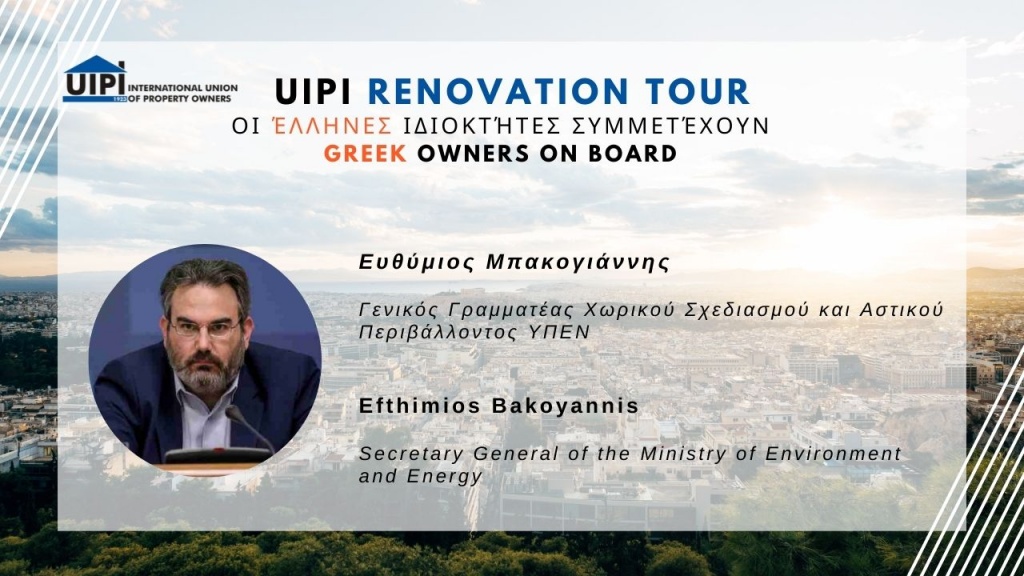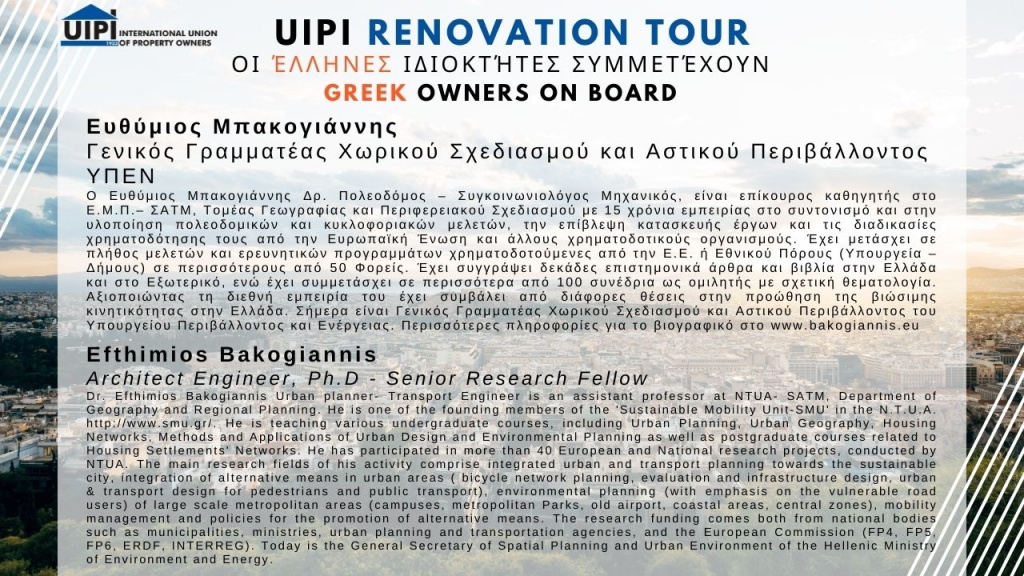The importance of One-Stop Shops (OSS) in Building Renovation
In the pursuit of energy efficiency and sustainable renovations, One-Stop Shops (OSS) for renovation – also referred to as Integrated Home Renovation Services – emerge as crucial catalysts, streamlining access to information, breaking down barriers, and providing crucial support for undertaking energy and sustainable renovation. At UIPI, we have been promoting for years the development and massification of OSS, as financing alone will not deliver on the support needed to facilitate for individual renovation journey.
The importance of OSS is now emphasised by the Recast Energy Performance of Buildings Directive (EPBD) soon to enter into force. The Directive outlines specific requirements for their establishment and operation, marking a crucial moment for shaping the future of sustainable building practices.
Why OSS matters
At UIPI, we believe that renovation will not happen on its own. We also believe that we cannot set very ambitious obligations before addressing the existing challenges and put in place the necessary tools and support mechanisms to overcome those bottlenecks. In our view, OSS can contribute to address specific needs and help overcome renovation barriers.
This is how OSS can contribute:
Centralised Access to Information
OSS serves as a centralised hub where homeowners, landlords, businesses, and stakeholders can access comprehensive information on technical and financial aspects of energy-efficient renovations. This centralised access to information and support is instrumental in simplifying complex information landscapes.
Technical Assistance and Advisory Services
There are various models of OSS, some are more advanced than others, but at the very least OSS offers valuable technical assistance and advisory services, providing expertise on energy-efficient technologies, sustainable materials, and best practices in renovation or by informing about or identifying potential existing financial supports or advantages. This support guides decision-making, ensuring informed choices aligned with energy efficiency goals.
Lifecycle:
The more advanced and integrated forms of OSS are designed to offer holistic support throughout various stages of a retrofit project. By addressing planning, execution, and even sometimes evaluation and quality control, OSS can provide “turnkey solutions” for those who can be overwhelmed by renovation challenges.
Tailored solutions:
The EPBD places particular emphasis on OSS with a focus on vulnerable households and those affected by energy poverty. OSS services can indeed be tailored to answer different needs. The diversity of the real estate sector and the particularities of the different segments and different actors can generate specific challenges or needs. Tailoring OSS services e.g. to vulnerable households, or multi-unit properties or single-family house owners or small landlords can help to provide adequate and specific information and support.
EPBD requirements for OSS
Population-Based Placement:
Member States are mandated to establish at least one OSS per 80,000 inhabitants. This strategic placement ensures widespread accessibility and coverage, reaching various stakeholders involved in building renovations.
Strategic Location Criteria:
OSS placement is guided by strategic criteria, including regions with an above-average age of building stock, areas implementing integrated district renovation programs, and locations reachable within a 90-minute travel distance. This targeted approach addresses the diverse needs of different geographical areas.
Integration with Energy Performance Certificates (EPCs):
For buildings with EPCs below level C, building owners are encouraged to seek renovation advice from OSS. This requirement ensures timely advice, promoting energy-efficient renovations when a building’s energy performance is suboptimal.
Holistic Support:
OSS must provide holistic support, not only offering advice on technical and financial possibilities but also catering to vulnerable households, those affected by energy poverty, and individuals in low-income households.
The EPBD’s emphasis on OSS signifies that we are at a critical moment in shaping the future of OSS. UIPI believes that property owners’ associations should get involved in the strategic establishment of local and national OSS, actively supporting their creation and partnering with those institutions or organisations that will be entrusted with setting or running OSS. That is why UIPI is actively involved in several EU funded projects on OSS, notably Save the Home and CONDORENO (see more info in the boxes). Something we would like to continue to prioritise in the future. It is the only way to secure the establishment of OSS and OSS models that answers property owners needs and that can become a focal point for information, assistance, and support for renovation journey.
UIPI “Let’s Talk One Stop Shops” Workshops Series: What are we aiming at?
On 15 January, UIPI organised an online workshop on One Stop Shops for building renovation. It marked the beginning of UIPI’s new series of events, titled “Let’s talk One Stop Shops”, which was launched through the participations of end-users of OSS, namely the property owners.
The objective of this workshop was to inform our members and, more generally property owners and the real estate sector, of the upcoming EU development related to OSS, explain what it consists of, share ideas on how to massify such tools, and replicate existing models of OSS developed in the Save the Home EU-funded project.
Beside the presentation of the experiences of OSS in Rotterdam and Valencia, which provided valuable lessons on flexible approaches, the audience actively participated in the discussion with direct and detailed feedback on the functionality and effectiveness of the OSS, evaluating their adaptability in different local context.
The following workshops have already been scheduled for 8 February (with the participation of the supply side) and for 9 February with the the representatives from the existing OSS in Europe and other EU-funded projects that deal with OSS.
Later this year or early 2025, UIPI will organise one or two sessions on OSS for multi-apartment buildings.
CONDORENO
CondoReno leads in the development of Integrated Home Renovation Services for condominium associations interested in implementing energy renovations. Services developed in this project will offer support across the whole renovation journey for buildings with multiple private homeowners.
SAVE THE HOMES
Save the Homes is a 3-year Horizon 2020 project aimed at making the renovation process easier, faster and more affordable by introducing the Citizen Hub, a one-stop shop that encompasses all the information relevant for property owners.



